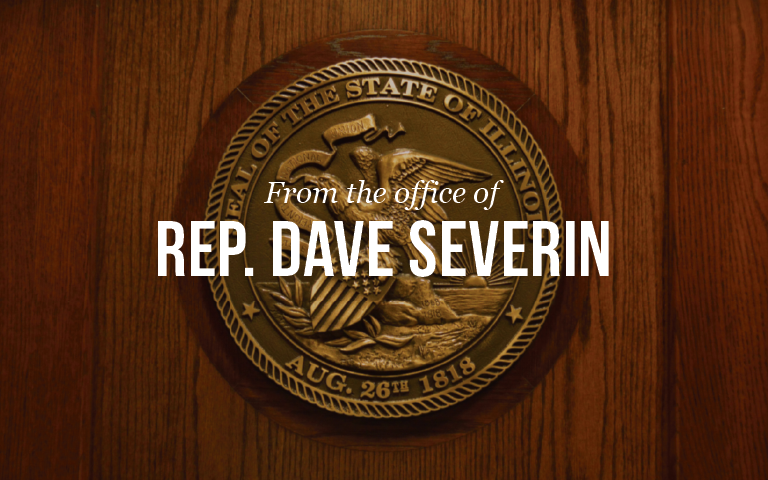Erosion of state funds could lead to bigger problems for Illinois

This year nearly $4 million was slashed from the Illinois Department of Agriculture’s budget for the state’s 97 Soil and Water Conservation Districts (SWCDs). The reductions represent close to a 50% cut in funding for programs vital for the protection and management of state’s natural resources.
What’s more, it is estimated that the cost to Illinois conservation could reach $50 million in uncaptured federal funds since Illinois would no longer have the infrastructure to leverage those dollars. The loss of those funds will further hamper the SWCD’s ability to provide effective conservation measures.
Soil and Water Conservation Districts (SWCDs) are crucial for protecting and managing natural resources primarily by working with landowners to implement practices that prevent soil erosion, conserve water, protect groundwater, restore wetlands, and enhance wildlife habitat, ultimately contributing to a healthy environment and sustainable land use in a community.
SWCDs programs also provide flood control, maintenance of dams and reservoirs, protection of navigability of waterways, wildlife and forest conservation, and public land.
Some fear the cuts will cause intergenerational harm to the environment, since it will take years, if ever, to complete these important conservation projects.
It is important to note that Soil conservation is one of the most effective ways to reduce the risk of dust storms, which have caused deadly crashes along Illinois interstates in the past year. It shouldn’t be lost on policymakers that the formation of SWCDs rose out of the devastating 1930 Dust Bowl that was fueled by poor land management practices and a decade’s long drought.
The loss of funding for SWCDs is not only a rural concern, in the northern suburban and urban areas the districts work on wetlands, waterways and urban agriculture initiatives. In the southern parts of the state they focus on forestry and waterway buffers. All of those projects are at risk.
Illinois State Representative Charlie Meier is a farmer who understands the need for sound land management. In 2022, he sponsored HJR63 celebrating “Illinois Soil Health Week” to bring awareness to the important work of Illinois conservation programs.
“For decades, Soil and Water Conservation Districts have been at the forefront of efforts to protect our natural resources, prevent erosion, and promote sustainable farming practices. The cuts to SWCD funding are not just an attack on rural communities, but on the future of our state’s agriculture and environmental health,” said Meier. “Research is showing that agricultural practices can be one of the lead ways to lock carbon sequestration into the soil. If we fail to invest in these critical programs now, we are not only compromising the health of our soil and water, but also setting the stage for long-term environmental and economic consequences that will impact generations to come.”
Proponents on both sides of the aisle have urged the Governor to restore SWCDs funding in a supplemental budget during the fall veto session or the lame duck session in hopes of restoring the much-needed funding. House Deputy Republican Leader Ryan Spain introduced HB 5876 in September to return funding to its previous level.
“A quick look at recent history tells us how important the work of Soil and Water Conservation Districts is for our communities,” said Spain. “It is not simply a matter of managing and protecting our natural resources, which is important, but of public safety by safeguarding groundwater and preventing erosion that leads to dangerous dust storms.”
House Republican legislators are encouraging residents who care about clean water and healthy soil to sign their petition urging Governor Pritzker to restore funding to the 97 Illinois Soil and Water Conservation District.
SWCDs represent a critical investment in conservation and good stewardship of the land which feeds our families. These programs are crucial to the future of Illinois agriculture and the communities it supports.
